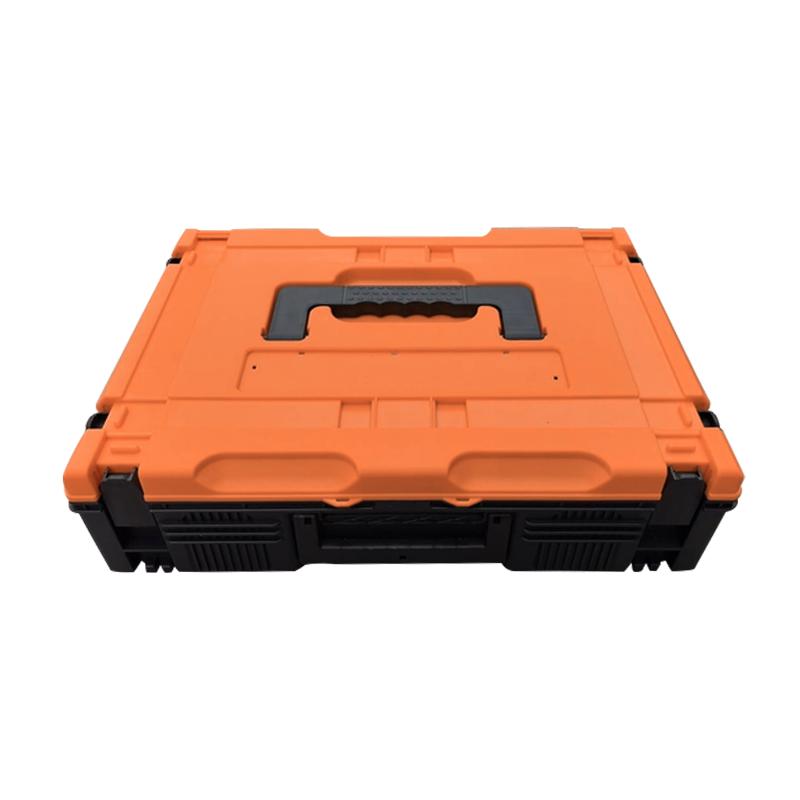Sale Hydraulic Rock Hammer Manufacturing Producer in China
In the world of construction and demolition, the Hydraulic Rock Hammer stands as a testament to the power of engineering and innovation. These robust tools are designed to break through tough materials with precision and efficiency. However, to ensure that a Hydraulic Rock Hammer maintains its performance and extends its service life, proper management of its battery or hydraulic system is crucial. This article explores the strategies and practices that can be implemented to achieve this goal.
Understanding the fundamental components of a Hydraulic Rock Hammer is essential. The hydraulic system, which is the lifeblood of the tool, consists of a hydraulic pump, a pressure relief valve, and a series of hoses and fittings that deliver high-pressure fluid to the hammer. The battery, in the case of battery-powered models, provides the necessary power to drive the hydraulic pump. Both systems must be well-maintained to ensure performance.
Regular inspection and maintenance of the hydraulic system are the steps in prolonging the life of a Hydraulic Rock Hammer. This includes checking for any leaks in the hoses and fittings, ensuring that the hydraulic oil is clean and at the correct level, and replacing any worn or damaged components. The hydraulic oil should be changed periodically, as recommended by the manufacturer, to prevent contamination and wear.
For battery-powered Hydraulic Rock Hammers, battery management plays a pivotal role in the tool's longevity. The battery should be charged according to the manufacturer's guidelines, avoiding overcharging or deep discharging, which can reduce its capacity and lifespan. It is also important to store the batteries in a cool, dry place when not in use, as bad temperatures can negatively affect their performance.
Another critical aspect of Hydraulic Rock Hammer management is the proper selection of the tool for the task at hand. Using a hammer that is too powerful for a job can cause unnecessary wear and tear while using one that is underpowered can result in inefficient work and potential damage to the tool. Always consult the manufacturer's specifications and guidelines to select the appropriate Hydraulic Rock Hammer for the specific application.
The operator's technique also has a significant impact on the life of a Hydraulic Rock Hammer. Proper handling and usage can prevent accidental damage and reduce the stress on the tool's components. Training operators on the correct use of the Hydraulic Rock Hammer and emphasizing the importance of safety precautions can contribute to the tool's durability.
In addition to regular maintenance, monitoring the performance of the Hydraulic Rock Hammer is essential. Paying attention to any changes in the tool's operation, such as a decrease in power or an increase in vibration, can indicate an underlying issue that needs to be addressed. Early detection and resolution of these issues can prevent more significant damage and extend the life of the tool.
Furthermore, investing in high-quality Hydraulic Rock Hammers from reputable manufacturers can ensure that the tool is built to last. High-quality components and robust construction can withstand the rigors of heavy-duty applications and reduce the likelihood of premature failure.
In conclusion, the effective management of the battery and hydraulic system of a Hydraulic Rock Hammer is paramount to improving its durability and efficiency. By implementing a comprehensive maintenance schedule, selecting the appropriate tool for the job, training operators, monitoring performance, and investing in quality, the service life of a Hydraulic Rock Hammer can be significantly extended. This not only results in cost savings but also ensures that the tool remains a reliable and efficient workhorse in the challenging environments it is designed to conquer.

 English
English Español
Español русский
русский
















